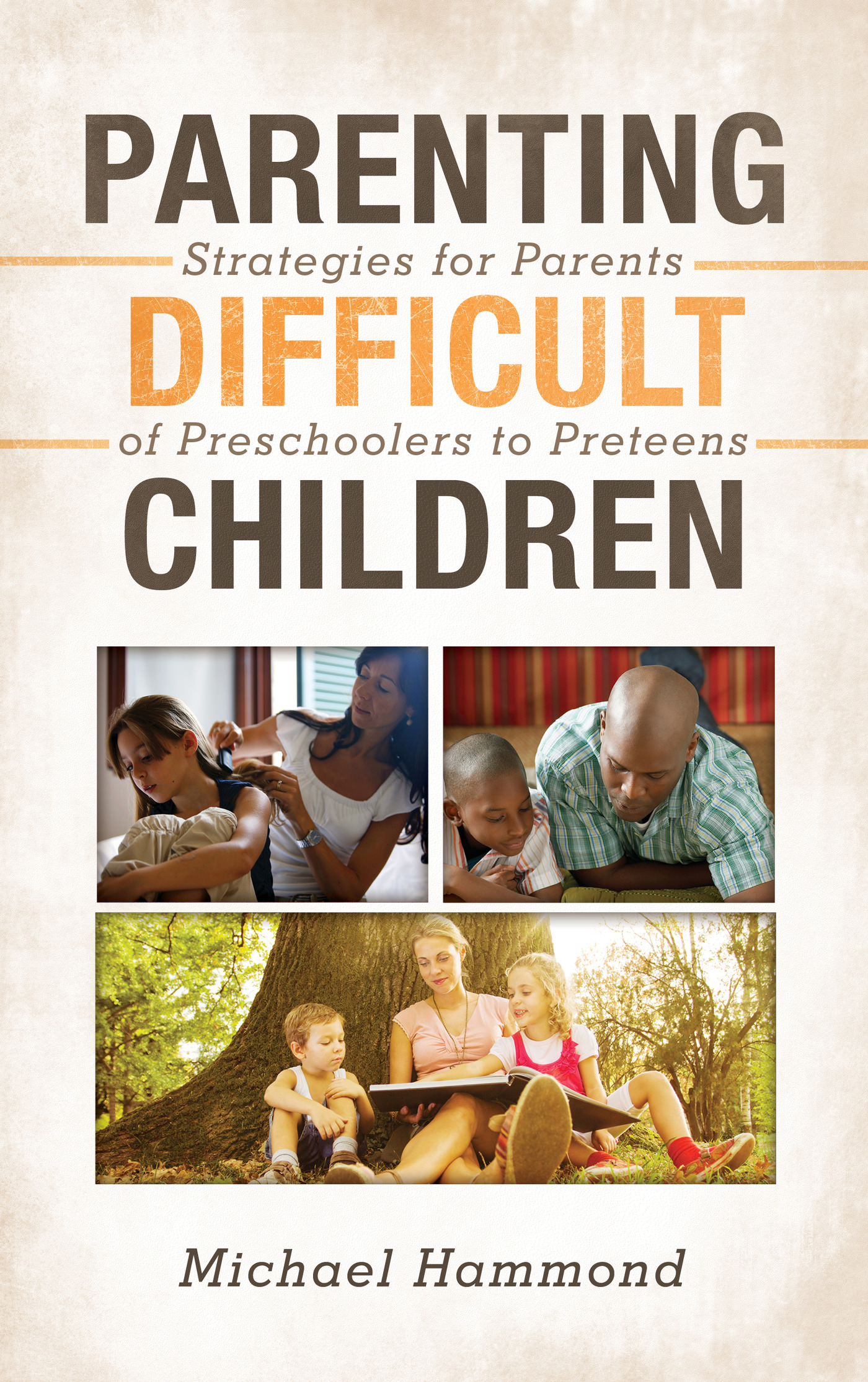Parenting Difficult Children
Parenting Difficult Children
Strategies for Parents of Preschoolers to Preteens
Michael Hammond
ROWMAN & LITTLEFIELD
Lanham Boulder New York London
Published by Rowman & Littlefield
A wholly owned subsidiary of The Rowman & Littlefield Publishing Group, Inc.
4501 Forbes Boulevard, Suite 200, Lanham, Maryland 20706
www.rowman.com
16 Carlisle Street, London W1D 3BT, United Kingdom
Copyright 2014 by Rowman & Littlefield
All rights reserved. No part of this book may be reproduced in any form or by any electronic or mechanical means, including information storage and retrieval systems, without written permission from the publisher, except by a reviewer who may quote passages in a review.
British Library Cataloguing in Publication Information Available
Library of Congress Cataloging-in-Publication Data
Hammond, Michael (Psychologist)
Parenting difficult children : strategies for parents of preschoolers to preteens / Michael Hammond.
pages cm
Includes index.
ISBN 978-1-4422-3847-3 (cloth : alk. paper) -- ISBN 978-1-4422-3848-0 (electronic)
1. Parenting. 2. Parent and child. I. Title.
HQ755.8.H33353 2015
306.874--dc23
2014021734
 TM The paper used in this publication meets the minimum requirements of American National Standard for Information Sciences Permanence of Paper for Printed Library Materials, ANSI/NISO Z39.48-1992.
TM The paper used in this publication meets the minimum requirements of American National Standard for Information Sciences Permanence of Paper for Printed Library Materials, ANSI/NISO Z39.48-1992.
Printed in the United States of America
For Trishwith all my love
(to the moon and back!)
I
Building a Secure Foundation
It is said that there are two primary tragedies in life. The first is not receiving everything that you think you want; the other is to receive everything you think you want. Those of us who are parents may feel, at times, much the same way. We desperately love our children and could not imagine our lives without them; and yet, there are moments when we feel angry, frustrated, or alienated from our child and may even wonder why we had children in the first place. Fortunately, for most of us, these negative feelings are fleeting and evaporate quickly from our minds. And then the kid deliberately tests our patience when they do some obnoxious or defiant behavior that makes us want to scream, and we are back into the negative thought loop.
In my clinical experience, it is not that the vast majority of parents of young children do not wish to parent their children consistently and well, it is that they often do not know how to parent their children consistently and well. This is especially true for parents of young (ages 312) children who have difficult temperaments and are frequently in opposition to their parents requests and demands.
These kids want their own way. They expect to receive what they demand. They are routinely inconsiderate and obnoxious. They will use whatever weapon they have in their behavioral arsenal to try and bend the parent to their will. If pleading, crying, and begging do not provide immediate relief to the demand, they will escalate to arguing, name-calling, threatening, andnot infrequentlyaggression to get their way. And, as often as not, they do get their way because the harried parent wants the childs behavior to stop. Just stop. Youve had all you can stand.
When the difficult child gets their way the oppositional/defiant behavior does stopand the parent does feel some badly needed relief; until the child once again hears the hated no word and the coercive, destructive, relationship-destroying cyclethe parent/child anger dancestarts over again. This is no way to live. This is no way to parent.
Adam
I once was asked to see a married couple in their late twenties for family therapy. The focus of their concern was the tension in the family and the anxiety symptoms that the mother was attempting to cope with. When I first spoke to the mother and then the father on the phone, I requested that they tell me a bit about themselves and the composition of their family. They sounded quite ordinary. The father was an accountant, the mother a former music teacher. They lived a comfortable middle-class lifestyle. They had one child, by choice, a son named Adam. I requested that the parents come to the first appointment without Adam so that I could focus more precisely on the couple and their troubles. The father responded that they would be glad to come to the first appointment without Adamif they could still find a sitter. I suspected that Adam was at least partly involved in the tension in the family. I was right, but I didnt know at the time how right I was.
After taking a mental health and personal history, I asked the parents to tell me about their lives. They had friends but rarely socialized with them. Although they lived nearby they saw their extended families once or twice a year. They were religious but rarely, if ever, attended services. They had no hobbies or personal interests that they enjoyed. Their groceries and dry cleaning were delivered. They could not remember the last time they took a vacation, went out to dinner, went to a movie, or engaged in any recreational activity other than watching television at home.
And the reason for this peculiar behavior? Adam. Tell me about Adam.
They looked at each other, they looked at the floor, they looked at their shoes, the mother began to weep, and then the father looked at me sheepishly and responded, We dont do anything that Adam doesnt decide for us. Adam decided what the family was to have for dinner; what TV shows to watch; what time to go to bed; whom and when they could see others; what, if any, recreational or personal activities the parents could enjoy, and so on.
The parents freely admitted it. Adam controlled their lives. Adam did not do anything that Adam did not want to do. Adam was five years old.
How did Adam become the ringleader of this particular circus? In a word, fear. The parents were afraid of Adam. I asked the pertinent question. What did two twenty-something functional adults have to fear from a five-year-old child?
The mother explained this time. You have no idea what Adam is like. If Adam doesnt immediately get his way about anything and everything he flies into a rage. He screams, he cries, he threatens, he throws, he hits. He tears the house apart. And there is no compromise with Adam. Everything must be exactly as he wants it to be. Then, and only then, will he stop raging.
The father piped in, Adams rages are like a volcano. It is a meltdown times ten. It is easier to just give in and let it go. We have no life other than the one that Adam permits. Yes, doctor, we freely admit it, Adam is the master of our lives.
Adam was a pint-size tyrant and an anarchist. He had his parents buffaloed and right where he wanted them. He was a five-year-old master of his domain and wasnt about to give up his throne. Why was Adam this way?
As I told his parents, Adams world was out-of-control because his parents refused to exert control of Adam. He may appear to be entirely happy with his exalted station in life, but just the opposite was true.
He had the enormous weight on his shoulders of being the sole authority in charge. He made all of the family decisions because the parents were afraid to exert their authority for mortal fear that Adam would rebel. With no trustworthy, limit-setting adult in charge, Adam felt like he was living on a runaway train heading for calamitywhich of course, he was. The resulting anxiety for Adam was mind-boggling. What a terrible burden for a little boy to bear.
Next page
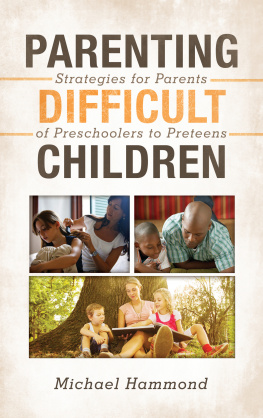






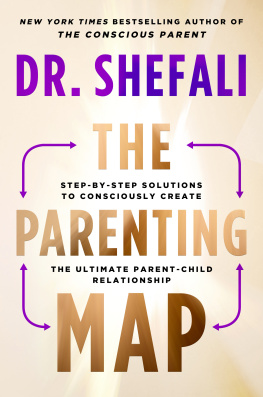

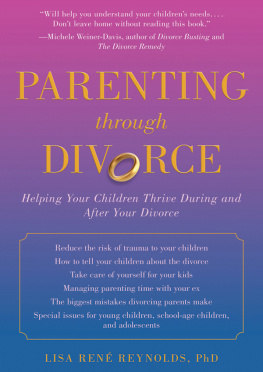

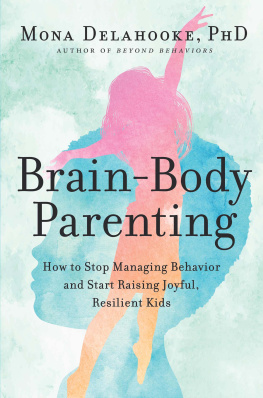

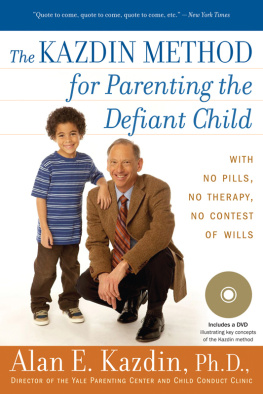
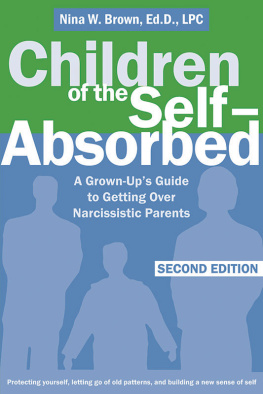
 TM The paper used in this publication meets the minimum requirements of American National Standard for Information Sciences Permanence of Paper for Printed Library Materials, ANSI/NISO Z39.48-1992.
TM The paper used in this publication meets the minimum requirements of American National Standard for Information Sciences Permanence of Paper for Printed Library Materials, ANSI/NISO Z39.48-1992.